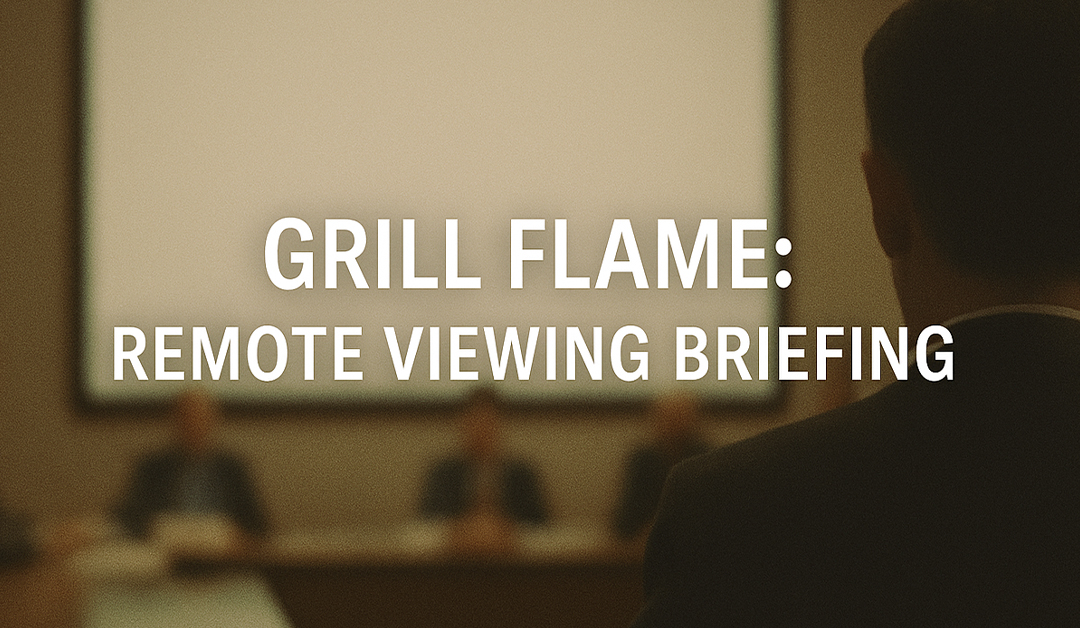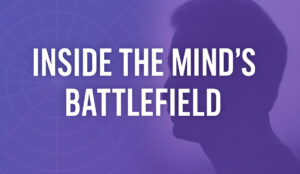A declassified military intelligence briefing reveals the deepening commitment of the U.S. Army to investigate and operationalize remote viewing during the Cold War under the classified program known as GRILL FLAME.
This document, originating from the U.S. Army Intelligence and Security Command (INSCOM), outlines internal justifications, experimental progress, and planned operations for applying psychic phenomena in intelligence collection.
📡 What Was GRILL FLAME?
Project GRILL FLAME was the codename for an intelligence initiative exploring parapsychological methods, particularly remote viewing-the ability to "see" distant locations or events using only the mind.
By 1981, GRILL FLAME had moved from fringe experimentation into a formal military briefing, with outlined roles, chain of command, and specific mission applications.
🧠 Remote Viewing as an Intelligence Tool
According to the briefing, INSCOM had begun operational use of remote viewing for real-world intelligence missions.
"The unit’s capabilities have been demonstrated in operational situations…"
Though no individual missions are detailed, the tone and language indicate that these sessions were contributing to national-level intelligence evaluations.
🔍 Organizational Structure and Training
The briefing outlines a dedicated team of trained personnel, selected for their mental aptitude and psychological profiles.
These operatives underwent repeated controlled tests before being deployed in "real-time" tasks.
Three categories of operational missions are listed:
-
Immediate-response (short-notice events),
-
Analytical support, and
-
Longer-term intelligence development.
🧪 Methodology and Validation
Key emphasis is placed on the scientific rigor underpinning the project.
The team worked in collaboration with the Defense Intelligence Agency and other scientific bodies to ensure statistical validation and credibility.
Still, even within the documentation, the tone vacillates between confidence and caution.
"While the phenomenon is not fully understood, the data supports further utilization."
🛑 Caution and Security
GRILL FLAME remained highly classified, partly due to concerns over perception and misuse.
The military acknowledged both the sensitivity and potential psychological risks involved.
There was also concern about adversaries (such as the USSR) pursuing similar programs, creating a psychic arms race of sorts.
🔚 Strategic Implications
Ultimately, the briefing presents remote viewing not as a replacement for traditional intelligence, but as a potential complement-one that could yield valuable insights in cases where conventional methods fell short.
Though history would later sideline GRILL FLAME, the document captures a moment when psychic spying wasn’t science fiction, but official doctrine.





